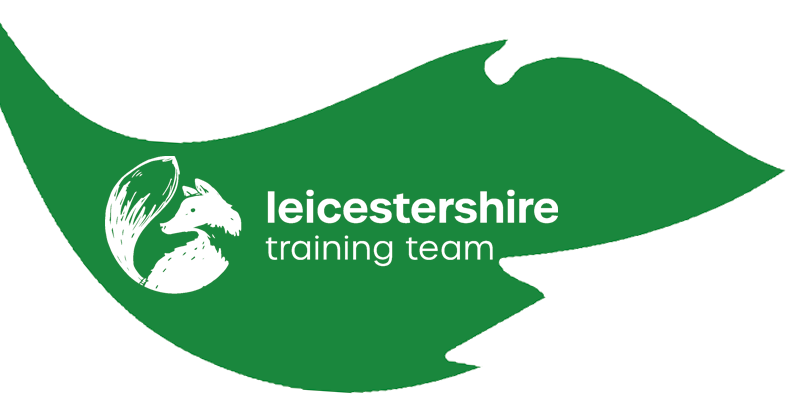What Activities Can I Do With Epilepsy?
Posted on 4th March 2024
Living with epilepsy does not mean living a restricted or limited life. While certain precautions may be necessary, there are numerous activities that individuals with epilepsy can engage in to lead fulfilling and enjoyable lives. In this blog, we will explore a range of activities that are generally considered safe and can be adapted to accommodate the needs of individuals with epilepsy.
Lets get straight to it!
Physical Exercise and Sports
Physical exercise is beneficial for everyone, including individuals with epilepsy. Engaging in regular exercise can help improve overall well-being, reduce stress, and boost self-confidence. While certain activities may need to be modified or supervised, many sports and exercises can be enjoyed safely. Some suitable options include:
• Walking or jogging: Low-impact activities like walking or jogging can be done at your own pace and offer numerous health benefits.
• Swimming: Swimming is an excellent low-impact exercise that is gentle on the joints and provides a full-body workout. Ensure you have a swimming buddy or the lifeguards nearby are aware that you have epilepsy.
• Yoga or Tai Chi: These mindful practices focus on gentle movements, deep breathing, and relaxation techniques, promoting physical and mental well-being.
• Indoor Cycling: Enjoy the freedom of cycling in a controlled environment. This can also include using a treadmill or cross-trainer.
Reducing stress, preventing infections through health and maintaining your own wellbeing could reduce the amount of seizures you experience.
Creative Arts
Engaging in creative activities can be a wonderful way to express oneself and find joy and fulfillment. These activities allow individuals with epilepsy to tap into their creativity and explore their artistic abilities. Some possibilities include:
Painting and drawing: Let your imagination soar as you express your thoughts and emotions through art. Experiment with different mediums such as watercolors, acrylics, or pencils.
Writing and journaling: Explore the power of words by writing stories, poetry, or keeping a personal journal. Writing can be cathartic and offer a creative outlet.
Music and dancing: Playing a musical instrument, singing, or dancing can be an uplifting and enjoyable experience. Let the rhythm guide you and embrace the joy of music.
Photography: Capture the beauty of the world around you through the lens of a camera. Photography allows you to explore different perspectives and moments frozen in time.
If you are afraid that you may have a seizure during one of these activites, you can help reassure yourself by informing the first aider on site, or taking a friend with you. Depending on the triggers for the seizures you experience, these activities can reduce stress and actually help minimise seizures.
Mind and Body Wellness
Taking care of your mental and emotional well-being is crucial for anyone with epilepsy. Engaging in activities that promote relaxation and stress reduction can help manage seizures and improve overall quality of life. Consider the following options:
Meditation and mindfulness: Practice meditation to cultivate a sense of calmness and presence. Mindfulness techniques can help reduce stress and anxiety.
Breathing exercises: Deep breathing exercises can be done anytime, anywhere, and provide instant relaxation and stress relief.
Massage and aromatherapy: Enjoy the therapeutic benefits of massage or indulge in aromatherapy to enhance relaxation and reduce tension.
Support groups and counseling: Connecting with others who share similar experiences can be immensely helpful. Join support groups or seek counseling to receive guidance and emotional support.
Sometimes the best thing you can do is talk to people who also have epilepsy to see what they do to help themselves. You can find a local group which will be free to join.

Social Activities
Maintaining social connections and engaging in social activities is important for emotional well-being. While socializing, it's advisable to inform close friends and family about your epilepsy and make them aware of any necessary precautions. Some ideas for social activities include:
Game nights: Gather friends and family for a fun-filled game night playing board games, card games, or video games.
Movie or theater outings: Enjoy a night out at the cinema or attend a local theater production.
Outdoor picnics or barbecues: Organize outdoor gatherings where you can enjoy good food and company in a relaxed setting.
Volunteering: Contribute to your community by volunteering for a cause that you are passionate about. It allows you to give back and make a positive impact.
Although you might not be able to join in every activity, such as drinking alcohol, there will most likely be an alternative, like alcohol free drinks. It's important to remember that your health must be your priority and good friends won't pressure you into doing something that they know is unsafe for you.

We hope this has been useful for you and answered any queries or concerns you've had about which activities you could do safely with epilepsy.
Free feel to check out our other blogs for more information about a whole range of topics.
Care Planning & Risk Assessment Course

Care planning and risk assessing is an essential part of delivering any care, especially culturally appropriate care. Click the link below to head to our course page!
End of Life & Communication Course

Getting it right is never more important than at the end of a person's life. This course helps you and your team to prepare and get it right.
Person Centered Care & Dignity

If you would like training on the most essential area of care, this course is for you. Transform your staff's understanding and develop them to be able to deliver culturally appropriate care.
Tagged as: Epilepsy
Share this post:







